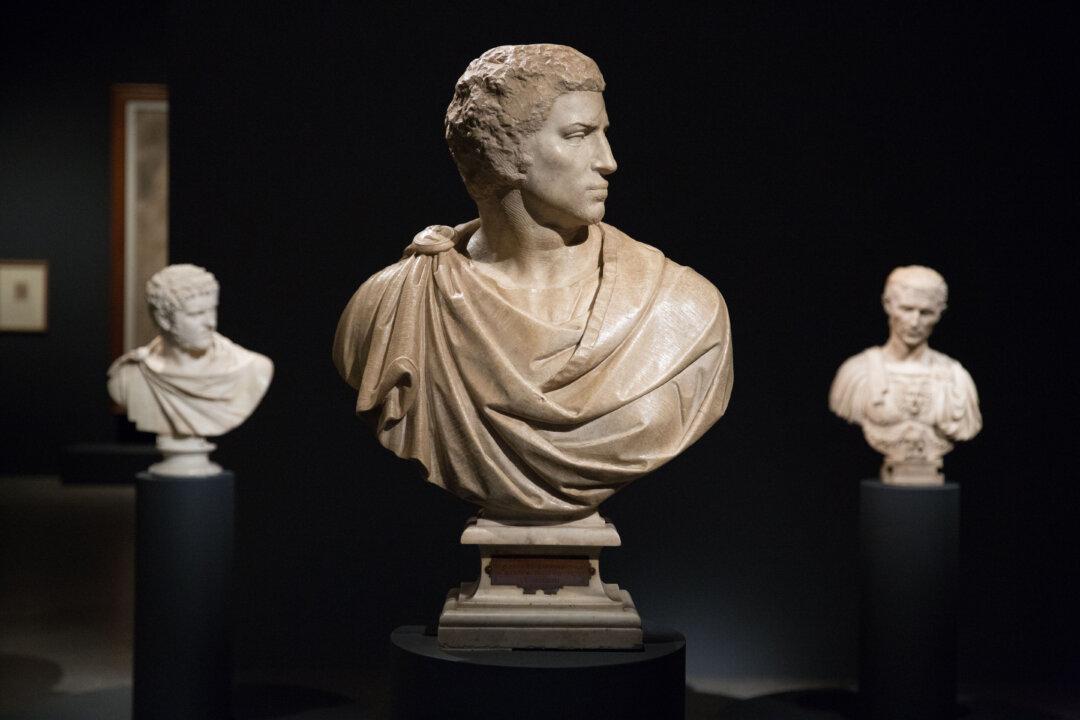There is no doubt that in every city those who, by reason of any talent, come into some fame among men, are a most blessed light and example to many who are either born after them or live in the same age, not to mention the infinite praise and the extraordinary rewards that they themselves gain thereby while living. Nor is there anything that does more to arouse the minds of men, and to render the discipline of study less fatiguing to them, than the honour and profit which are afterwards won by labouring at the arts, for the reason that these make every difficult undertaking easy to them all, and give a greater stimulus to the growth of their talents, when they are urged to greater efforts by the praises of the world. Wherefore infinite numbers of men, who feel and see this, put themselves to great fatigues, in order to attain to the honour of winning that which they see to have been won by some compatriot; and for this reason in ancient times men of talent were rewarded with riches, or honoured with triumphs and images. But since it is seldom that talent is not persecuted by envy, men must continue to the best of their power, by means of the utmost excellence, to assure it of victory, or at least to make it stout and strong to sustain the attacks of that enemy; even as Lorenzo di Cione Ghiberti, otherwise called Di Bartoluccio, was enabled to do both by his own merits and by fortune. This man well deserved the honour of being placed before themselves by the sculptor Donato and by the architect and sculptor Filippo Brunelleschi, both excellent craftsmen, since they recognized, in truth, although instinct perchance constrained them to do the contrary, that Lorenzo was a better master of casting than they were. This truly brought glory to them, and confusion to many who, presuming on their worth, set themselves to work and occupy the place due to the talents of others, and, without producing any fruits themselves, but labouring a thousand years at the making of one work, impede and oppress the knowledge of others with malignity and with envy.
Lorenzo, then, was the son of Bartoluccio Ghiberti, and from his earliest years learnt the art of the goldsmith from his father, who was an excellent master and taught him that business, which Lorenzo grasped so well that he became much better therein than his father. But delighting much more in the arts of sculpture and design, he would sometimes handle colours, and at other times would cast little figures in bronze and finish them with much grace. He also delighted in counterfeiting the dies of ancient medals, and he portrayed many of his friends from the life in his time.






